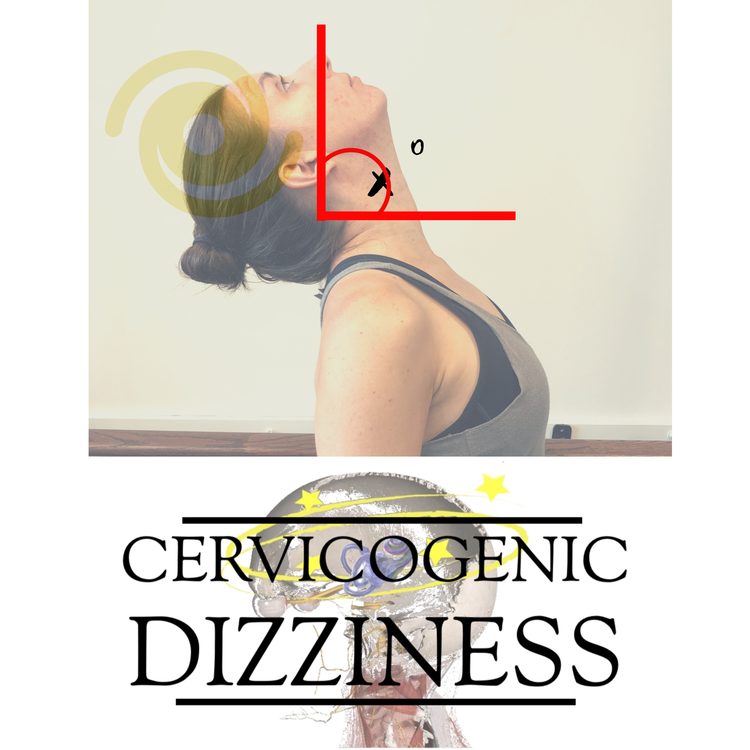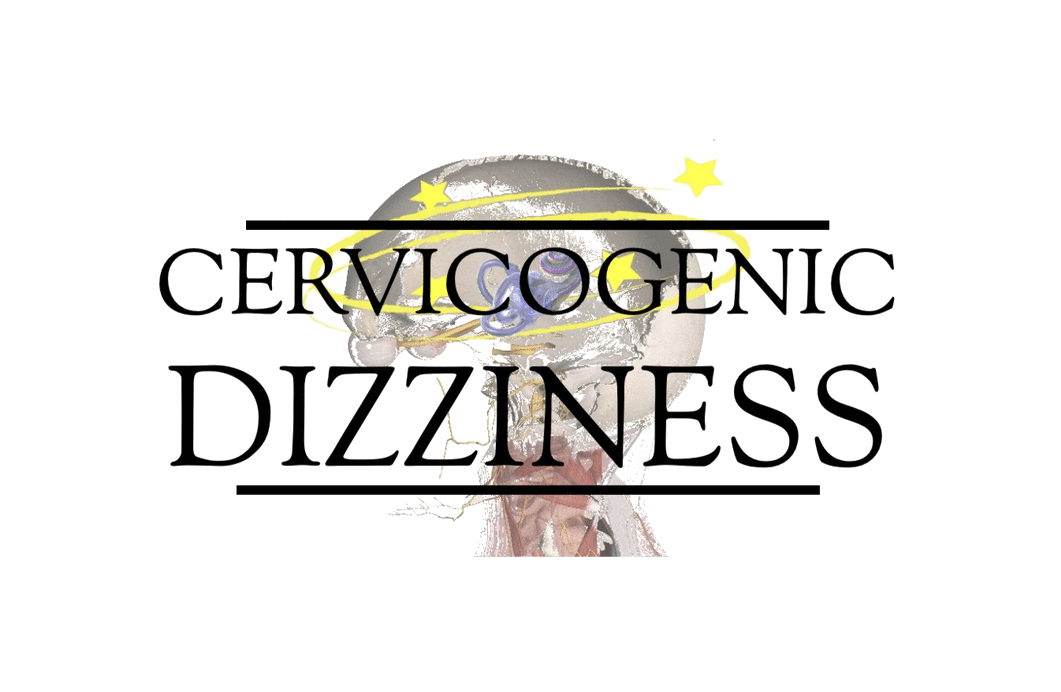
Why is recent infection a precaution to orthopaedic manual therapy?
In the field of Orthopaedic Manual Therapy, one of the first things we learn are contraindications (relative and absolute) and precautions prior to performing a procedure. A full list of cautionary measures is beyond this blog post, but one I want to bring to attention is recent infection (particularly throat injection).

In conventional clinical reasoning, a recent infection is associated with a risk factor (recent event) for cervical instability but substantially more dangerous of a condition, with fatal consequences, is the arrival of a spontaneous cervical artery dissection. Frankly speaking, this could be the start of a stroke in process and is an absolute contraindication to physical therapy (or even chiropractic, massage, osteopathic, etc) treatment; but requires medical intervention.
We do know there are some risk factors, including trivial trauma (minor and major) and symptomology associated with increased suspicion of a spontaneous cervical artery dissection in process. One risk factor that continues to arise in the literature but not as confirmatory of a dissection prospect, at least compared to other factors of vascular turbulence, is connective tissue disorders.
I want to send the readers over to a recent article by James Demetrious in the Chiropractic & Manual Therapies Journal (2018). He examines the thought & reasoning process that Fluoroquinolone antibiotics constitute a risk factor for cervical artery dissections. I recommend reading the article (it's short AND free) for full details but I want to highlight a quote from the article:
It is plausible that fluoroquinolones may incite connective tissue degradation and play a contributory role in the genesis of cervical artery dissections.....A causal relationship of fluoroquinolone antibiotics to cervical artery dissection is plausible. Fluoroquinolones may indeed be a novel and previously unrecognized cause of cervical artery dissections.


So you may ask, what is the relationship with recent infection??
--->the patient will of course go to a medical physician for potential infection
--->>potentially be prescribed this class of medication (which can cause degradation of connective tissues)
-->> then may or may not have trivial trauma and seek out your consultation and treatment for headache, dizziness, neck pain, etc.
There is definitely more research needed on this topic but I found this to be an intriguing article and confirms more precaution should go through a clinician's mind and reasoning process when a patient has recently had an infection.
In our Cervicogenic Dizziness Course, we go over our Optimal Sequence Algorithm on the first day; which gives you the best of the best in the literature associating risk factors, symptomology & clinical examination procedures to make sure you are confident that the patient in front of you has a mechanical disorder. We find it is a must when dealing with the intimidating field of dizziness, especially if you aim to address the upper cervical spine.
Cervicogenic Dizziness Course
You can learn more about the screening and treatment process of Cervicogenic Dizzinesss through Integrative Clinical Concepts, where the authors (husband–a manual therapist a wife—a vestibular specialist), teach a very unique course combining both the theory and practice of vestibular and manual principles in their 2-day course. Pertinent to this blog post, the 2nd day includes the “Physio Blend”, a multi-faceted physiotherapist approach to the management of Cervicogenic Dizziness, which includes treatments of the articular and non-articular system of manual therapy and the most updated sensorimotor exercise regimen.
If you would like to host a course for your staff (either a vestibular, neuro, sports or ortho clinic), please do not hesitate to contact me at harrisonvaughanpt@gmail.com for more information.
AUTHORS
Harrison N. Vaughan, PT, DPT, OCS, Dip. Osteopracic, FAAOMPT
Instructor: Cervicogenic Dizziness for Integrative Clinical Concepts
Danielle N. Vaughan, PT, DPT, Vestibular Specialist
Instructor: Cervicogenic Dizziness for Integrative Clinical Concepts



